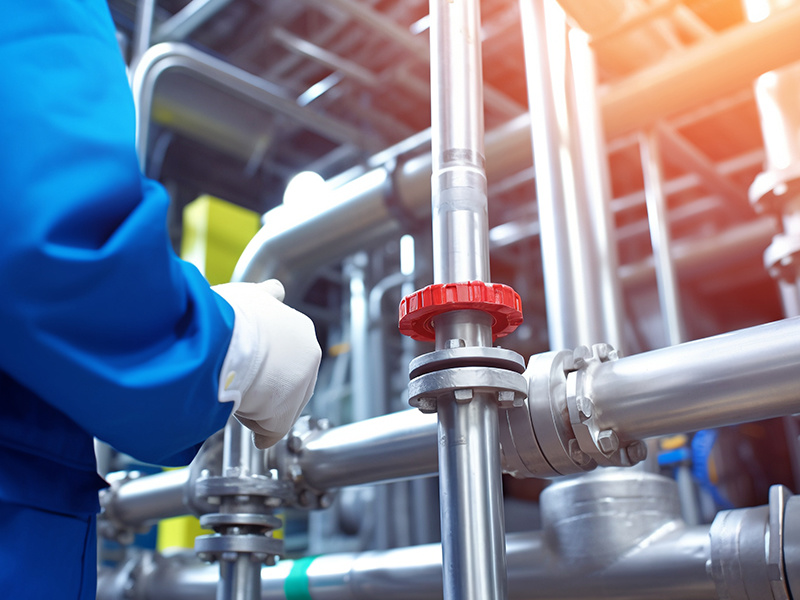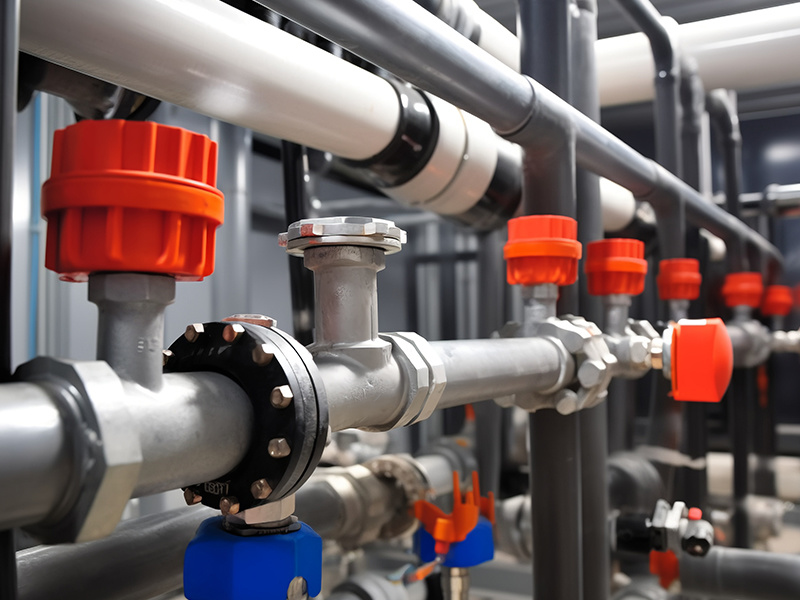The Unsung Hero of Air Systems: Understanding the Air Valve
Release Time:
Sep 19,2025
Explore the vital role of air valves in various applications, from HVAC to automotive. Learn why they matter!
Introduction: What's the Big Deal about Air Valves?
Hey there, folks! Ever heard of the air valve? Sure, it might not be the star of the show, but trust me, it's the unsung hero in many systems we rely on daily. From HVAC setups to car engines, these little devices play a pivotal role in regulating airflow, ensuring everything runs smoothly. Let's dive into the nitty-gritty of air valves, shall we?
What Is an Air Valve?
So, what exactly is an air valve? To put it simply, it's a device that controls the flow of air in a system. Whether it's allowing air in or keeping it out, these valves are essential for maintaining pressure and ensuring proper functionality. You could say they're like the traffic lights of airflow—directing the current where it's needed most!
How Do Air Valves Work?
Alright, let's get technical for a moment. An air valve operates by opening and closing in response to pressure changes. Imagine a balloon: when you blow it up, the pressure inside increases, and if you let go, the air rushes out. An air valve does something similar, but with a bit more finesse. When pressure is applied, the valve opens, allowing air to flow in or out. When the desired pressure is reached, it closes, preventing any unnecessary loss. Pretty neat, right?
Types of Air Valves
There are several types of air valves, each serving a specific purpose. Here's a quick rundown:
- **Pressure Relief Valves:** These bad boys are crucial for safety. They release excess pressure from a system to prevent damage.
- **Check Valves:** A one-way street for air, these valves only allow flow in one direction, preventing backflow.
- **Control Valves:** Designed to regulate airflow, control valves adjust to maintain the desired pressure and temperature.
Where Are Air Valves Used?
You might be wondering, where can I find these nifty gadgets? The answer: everywhere! Here are just a few applications:
- **HVAC Systems:** In heating, ventilation, and air conditioning, air valves help maintain optimal air distribution.
- **Automotive Engines:** They control air intake and exhaust, ensuring your car runs efficiently.
- **Industrial Machinery:** Many machines rely on air valves for pneumatic control, making them vital in manufacturing processes.
The Importance of Maintenance
Like anything mechanical, air valves need a little TLC to keep them operating at peak performance. Regular inspections can help catch issues before they escalate. A malfunctioning air valve can lead to inefficiencies, increased energy costs, and even system failures. Ouch! So, keeping an eye on these components is well worth the effort.
Signs of Trouble
Keep your radar up for these warning signs that your air valve might be on the fritz:
- **Unusual Noises:** If you hear hissing or popping sounds, it might be time for a check-up.
- **Pressure Fluctuations:** If your system's pressure is all over the place, an air valve could be the culprit.
- **Air Leaks:** Spotting air leaks? Don't ignore them! A faulty valve could be the cause.
Conclusion: Don't Overlook the Air Valve!
In conclusion, air valves might not be the most glamorous components in a system, but their importance is undeniable. From ensuring safety to maintaining efficiency, these little devices keep our world running smoothly. So, the next time you hear about air valves, give them a nod of appreciation. They deserve it!
Final Thoughts
Next time you're feeling overwhelmed by all the technical jargon, just remember: air valves keep the airflow in check, and without them, we'd be in a world of trouble. So, let's keep our systems running smoothly and give those air valves the credit they deserve!





